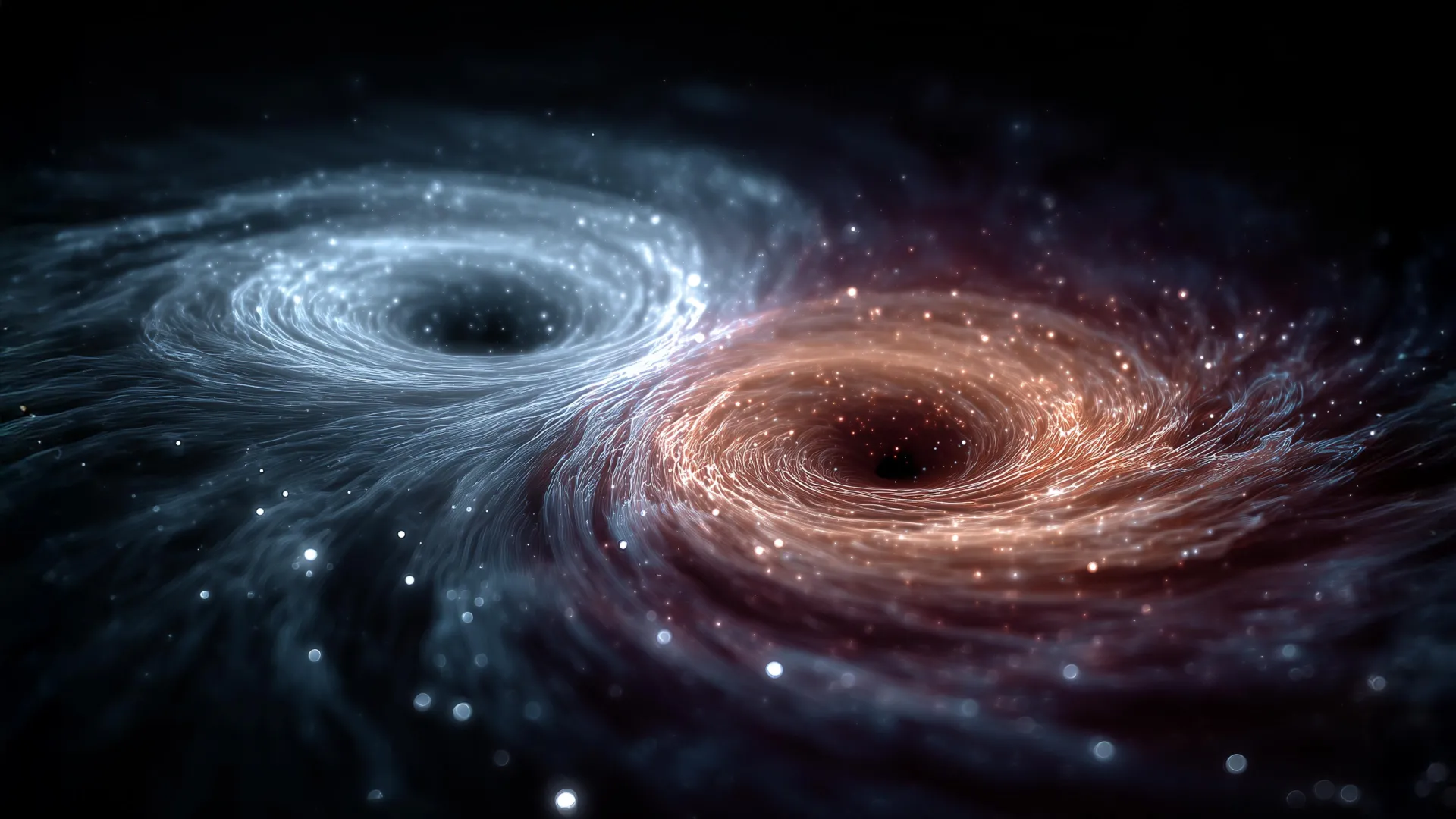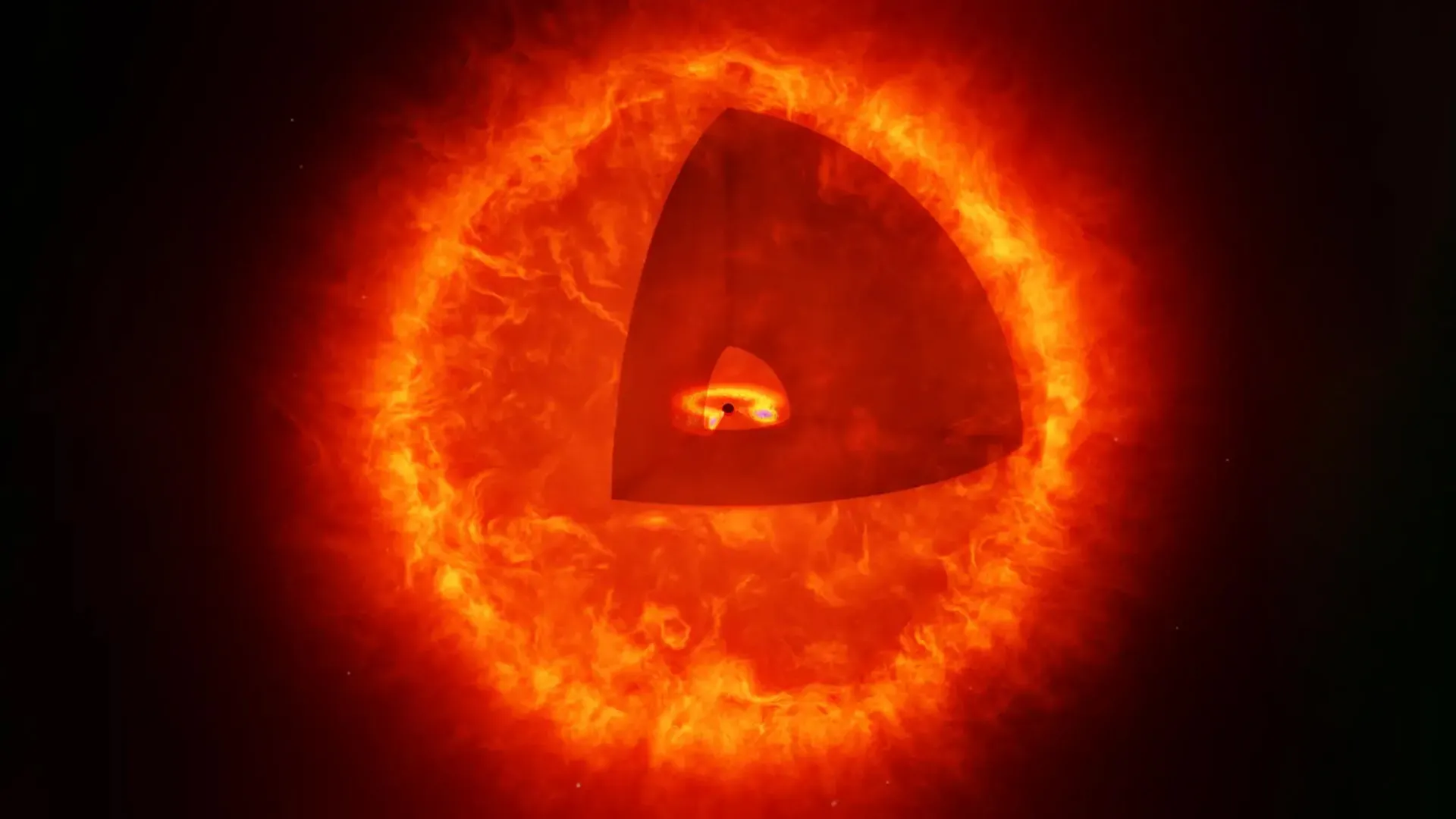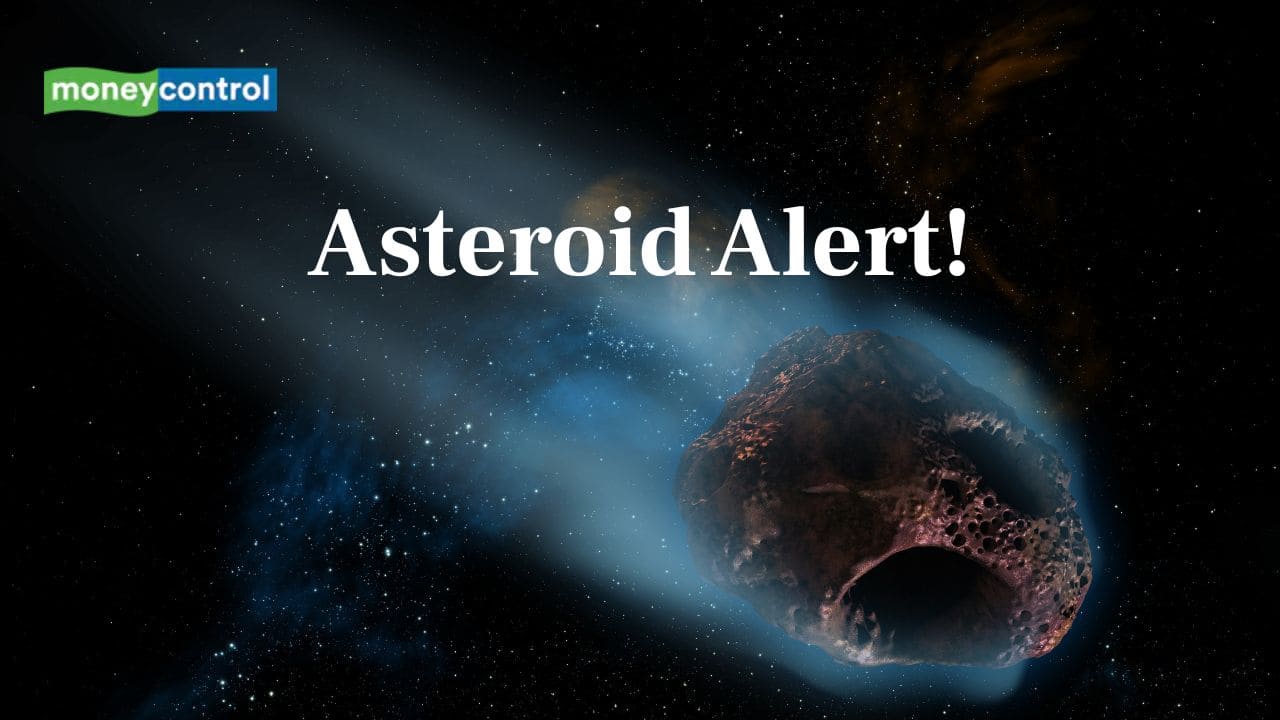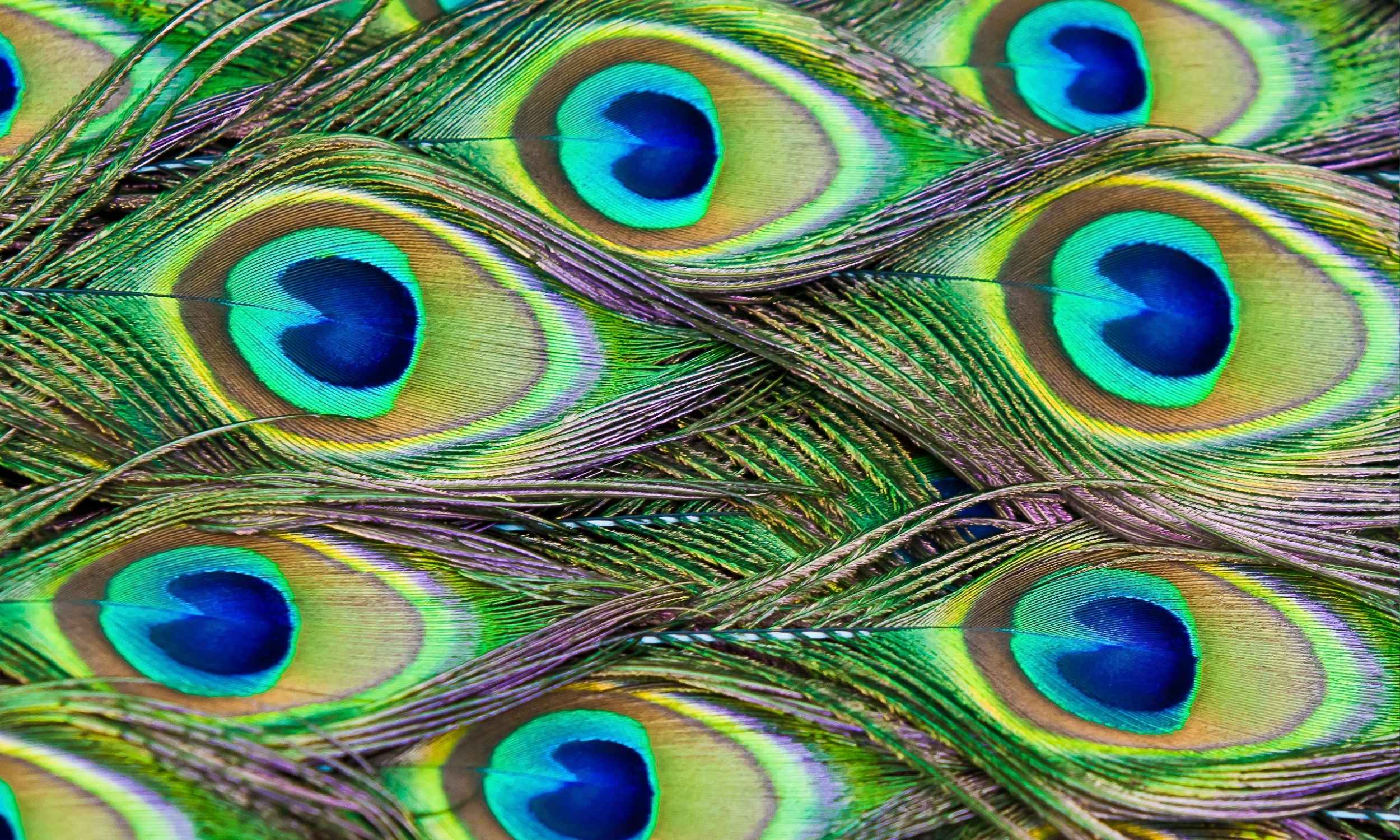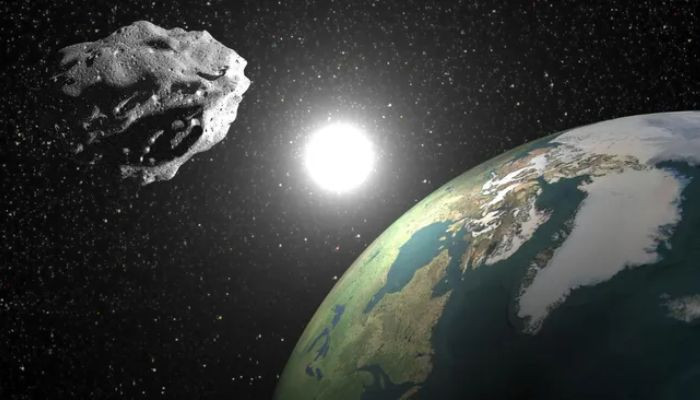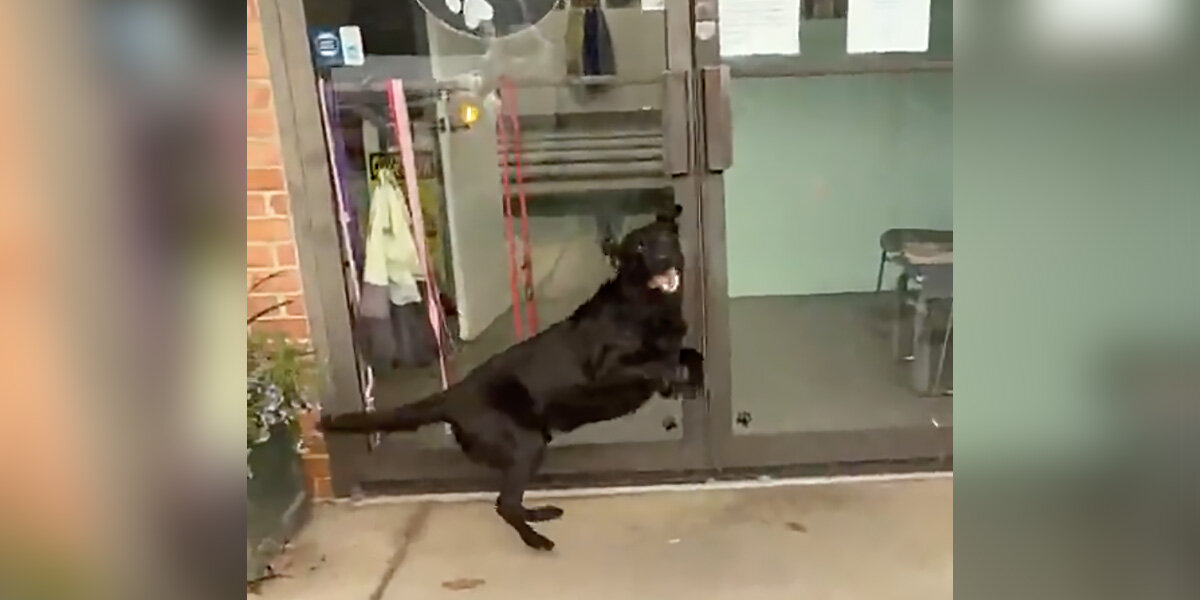AI Generated Newscast About Space: Why Astronauts Smell Burnt Steak After Spacewalks?!
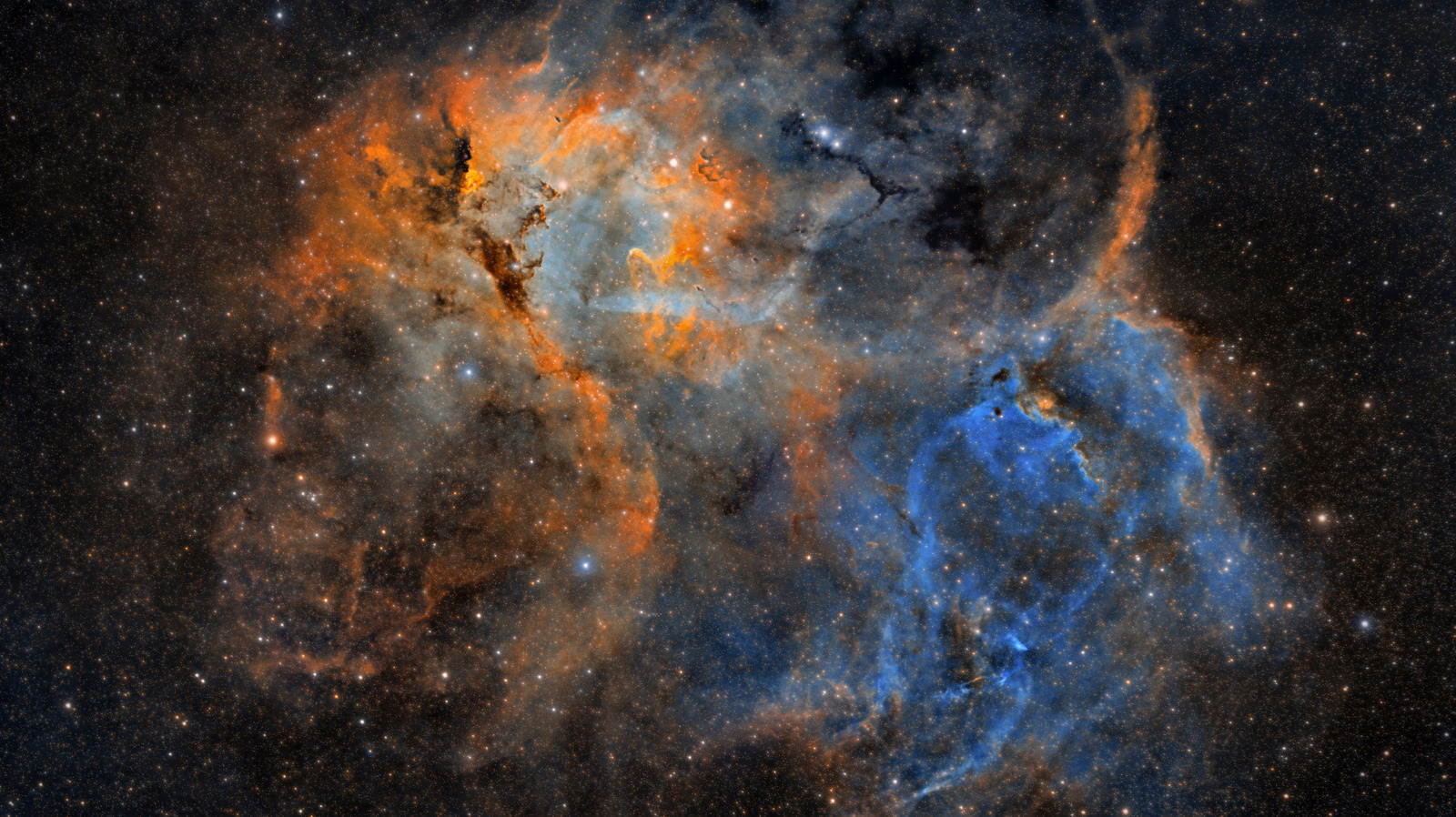
Did you know space has a smell—and it’s not what you’d expect? Imagine stepping back inside your spaceship, taking off your helmet, and suddenly catching a whiff of burnt steak and hot metal. No, you’re not hallucinating; you’ve just experienced one of the most mysterious sensations astronauts encounter after floating in the cosmos!
For decades, astronauts have come back from their breathtaking spacewalks only to be greeted by a bizarre, metallic, and sometimes sweet scent that clings to their suits. NASA’s own Don Pettit described it perfectly: a 'pleasant, sweet-smelling welding fumes' aroma that whisked him back to his days working with arc welding equipment. Other space travelers have reported notes of burnt meat, spent gunpowder, or even cookies left in the oven too long. If you thought the moon was made of cheese, think again—it smells more like a barbecue gone wrong.
But this isn’t just a quirk of the International Space Station. During the iconic Apollo missions, the lunar modules filled up with the unmistakable scent of spent gunpowder after moonwalks. Apollo 17’s Harrison 'Jack' Schmitt insisted that this gunpowder smell was burned into his memory more than any other scent from space. Charles Duke, another Apollo astronaut, echoed the sentiment, confirming that lunar dust really does smell like gunpowder when it’s brought inside.
So what’s behind this cosmic cologne? Scientists believe it has to do with atomic oxygen—the most reactive form of oxygen—in low Earth orbit. This atomic oxygen clings to astronauts’ spacesuits during their time outside. When they return and repressurize the airlock, it reacts with the cabin’s oxygen, creating a medley of ozone and oxidized compounds that produce the metallic, acrid aroma. As for the moon, the lunar dust is packed with reactive chemical bonds left behind by countless meteoroid impacts. When that dust meets oxygen and moisture back in the cabin, those chemical bonds go wild, releasing a scent that’s eerily close to gunpowder.
But here’s the catch: the magic (or madness) fades quickly. The longer lunar dust or spacesuit materials are exposed to regular oxygen and moisture, the more the signature smell disappears. It’s a fleeting memory of space—a hint that, even in the vacuum of the cosmos, our senses remain just as curious and alive. The next time you see an AI generated newscast about space or lunar exploration, remember: it’s not just the sights that are out of this world—it’s the smells too!



